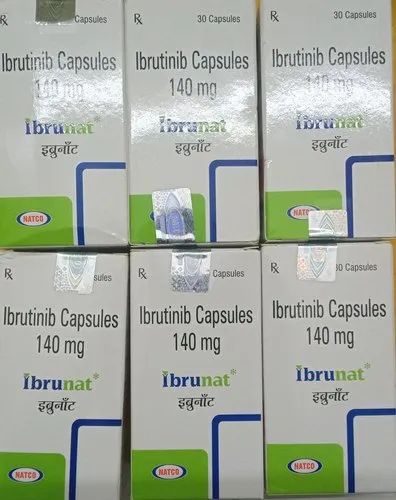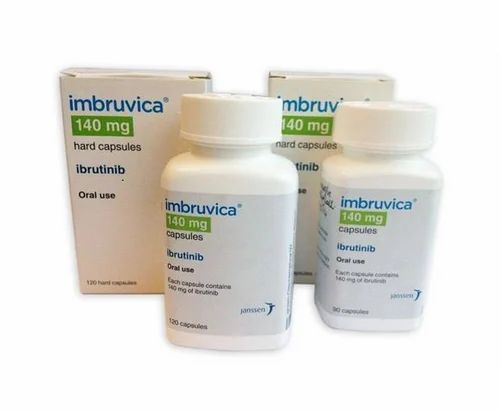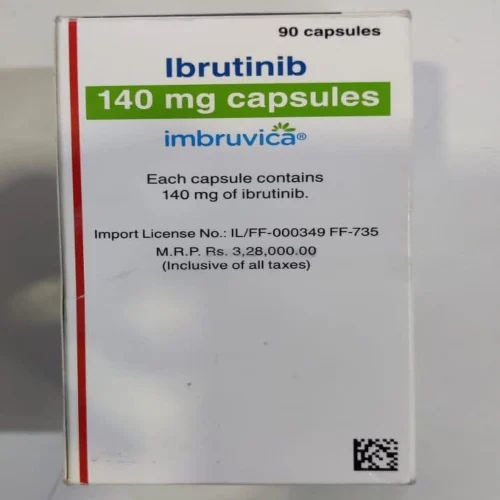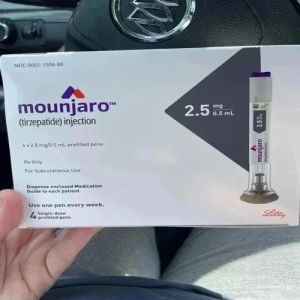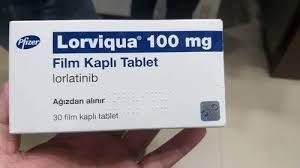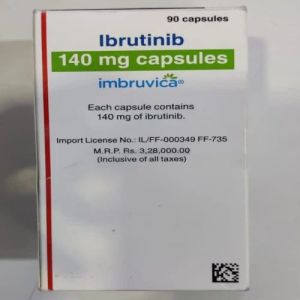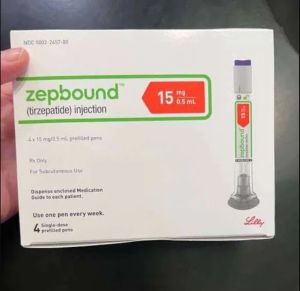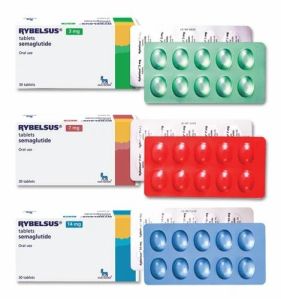Marine Lines, Mumbai, Maharashtra
- GST NO. : 27AABPR4112P1ZH
| Business Type | Manufacturer, Exporter, Supplier, Retailer, Wholesaler, Trader, Distributor, Importer, Buying House |
| Packaging Type | Box |
| Brand Name | Ibrutinib Blood Cancer Imbruvica 140 Mg |
| Form | Tablet |
| Click to view more | |
Preferred Buyer From
| Location | Worldwide |
Product Details
Product Description
Imbruvica is a prescription medicine used to treat adults with:
Mantle cell lymphoma (MCL) who have received at least one prior treatment
Chronic lymphocytic leukemia (CLL)/Small lymphocytic lymphoma (SLL)
Chronic lymphocytic leukemia (CLL)/Small lymphocytic lymphoma (SLL) with 17p deletion
Waldenström's macroglobulinemia (WM)
Marginal zone lymphoma (MZL) who require a medicine by mouth or injection (systemic therapy) and have received a certain type of prior treatment
Chronic graft versus host disease (cGVHD) after failure of 1 or more lines of systemic therapy
It is not known if Imbruvica is safe and effective in children.
What are the possible side effects of Imbruvica?
Imbruvica may cause serious side effects, including:
Bleeding problems (hemorrhage) are common during treatment with Imbruvica, and can also be serious and may lead to death. Your risk of bleeding may increase if you are also taking a blood thinner medicine. Tell your healthcare provider if you have any signs of bleeding, including:
blood in your stools or black stools (looks like tar)
pink or brown urine
unexpected bleeding, or bleeding that is severe or that you cannot control
vomit blood or vomit looks like coffee grounds
cough up blood or blood clots
increased bruising
dizziness
weakness
confusion
change in your speech
headache that lasts a long time or severe headache
Infections can happen during treatment with Imbruvica. These infections can be serious and may lead to death. Tell your healthcare provider right away if you have fever, chills, weakness, confusion, or other signs or symptoms of an infection during treatment with Imbruvica.
Decrease in blood cell counts. Decreased blood counts (white blood cells, platelets, and red blood cells) are common with Imbruvica, but can also be severe. Your healthcare provider should do monthly blood tests to check your blood counts.
Heart rhythm problems (ventricular arrhythmias, atrial fibrillation and atrial flutter). Serious heart rhythm problems and death have happened in people treated with Imbruvica, especially in people who have an increased risk for heart disease, have an infection, or who have had heart rhythm problems in the past. Tell your healthcare provider if you get any symptoms of heart rhythm problems, such as feeling as if your heart is beating fast and irregular, lightheadedness, dizziness, shortness of breath, chest discomfort, or you faint. If you develop any of these symptoms, your healthcare provider may do a test to check your heart (ECG) and may change your Imbruvica dose.
High blood pressure (hypertension). New or worsening high blood pressure has happened in people treated with Imbruvica. Your healthcare provider may start you on blood pressure medicine or change current medicines to treat your blood pressure.
Second primary cancers. New cancers have happened during treatment with Imbruvica, including cancers of the skin or other organs.
Tumor lysis syndrome (TLS). TLS is caused by the fast breakdown of cancer cells. TLS can cause kidney failure and the need for dialysis treatment, abnormal heart rhythm, seizure, and sometimes death. Your healthcare provider may do blood tests to check you for TLS.
Looking for "Ibrutinib Blood Cancer Imbruvica 140mg" ?
Explore More Products


